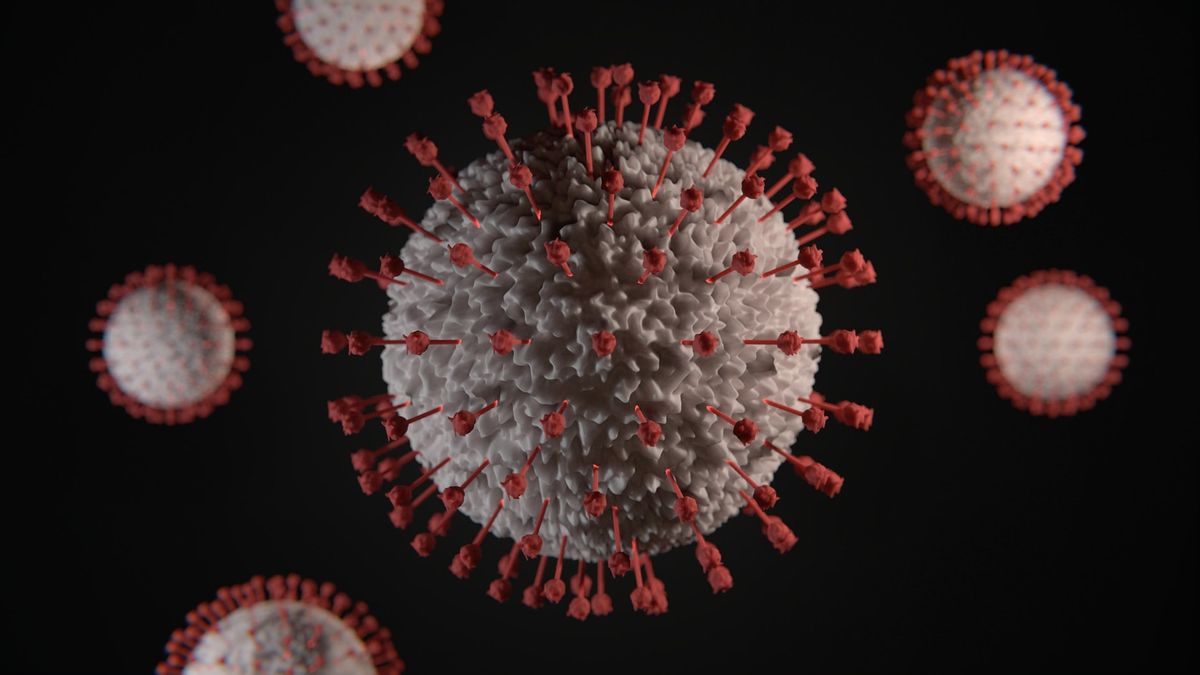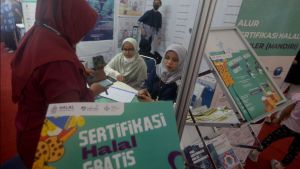JAKARTA - Senior Economist, Fadhil Hasan said, Indonesia could experience a very long crisis as long as the government does not issue serious policies to deal with the COVID-19 pandemic in the country. According to him, the government's policies have been half-assed.
"Indeed, I think from the start we had expected that the economic and health crisis caused by the pandemic in Indonesia would last a long time. Because from the start we implemented policies that were half-assed as well as in health care," he said in a virtual discussion, Friday. , July 23.
Furthermore, Fadhil said how long this will last depends on what the government does. As long as the government does not issue serious policies to deal with the pandemic, Indonesia will take longer to get out of the crisis.
"So I think we will experience a long or long crisis as long as we don't have a firm policy that really handles this crisis with a policy that can in a short time the spread of the COVID-19 pandemic undergo a significant change or improvement. ," he said.
Fadhil said that the current condition is not the time to argue to know the good and bad choices. But, he said, he chose the best from the bad.
"Even so, I think we have to look for the best of the worst. This is not a policy that has been implemented by the government," he said.
As is known, the first case in Indonesia was officially announced on March 2, 2020, until now the number of COVID-19 cases continues to soar. To suppress its spread, the government adopted a policy of limiting community activities starting from PSBB, PPKM, Micro PPKM, Emergency PPKM, to level 4 PPKM.
The government decided to implement large-scale social restrictions (PSBB), which were officially announced on March 31, 2020. The policy was taken based on the public health emergency status due to the corona virus, which refers to Law Number 6 of 2018 concerning Health Quarantine.
The technical implementation of PSBB is regulated through the Regulation of the Minister of Health (Permenkes) of the Republic of Indonesia Number 9 of 2020 concerning Guidelines for Large-Scale Social Restrictions in the Context of Accelerating Handling of Corona Virus Disease 2019 (COVID-19).
Then, in early 2021, on January 11 to 25, the government again took steps to limit people's mobility. The policy implemented is the implementation of community activity restrictions (PPKM) in Java and Bali.
This decision is regulated through the Instruction of the Minister of Home Affairs Number 1 of 2021 concerning Restrictions on Community Activities in Java and Bali.
On February 9, the government took the policy step of imposing restrictions on micro-based community activities (PPKM Mikro) in all provinces in Indonesia.
Micro PPKM is a micro-based PPKM approach that regulates up to the level of the neighborhood unit (RT) / community unit (RW) which has the potential to cause COVID-19 transmission.
After the Micro PPKM, the government implemented Emergency PPKM on 3-20 July 2021. This Emergency PPKM includes restrictions on community activities that are stricter than what has been in effect so far.
Initially, the two-week policy targeted regencies/cities in Java and Bali. After that, however, the areas that implemented Emergency PPKM were expanded outside Java-Bali.
Finally, the government extended the Emergency PPKM with PPKM Level 4 until July 25. PPKM Level 4 is the implementation of activity restrictions in Java and Bali and is adjusted to the criteria for the level of the pandemic situation based on the results of the assessment or assessment.
The English, Chinese, Japanese, Arabic, and French versions are automatically generated by the AI. So there may still be inaccuracies in translating, please always see Indonesian as our main language. (system supported by DigitalSiber.id)













